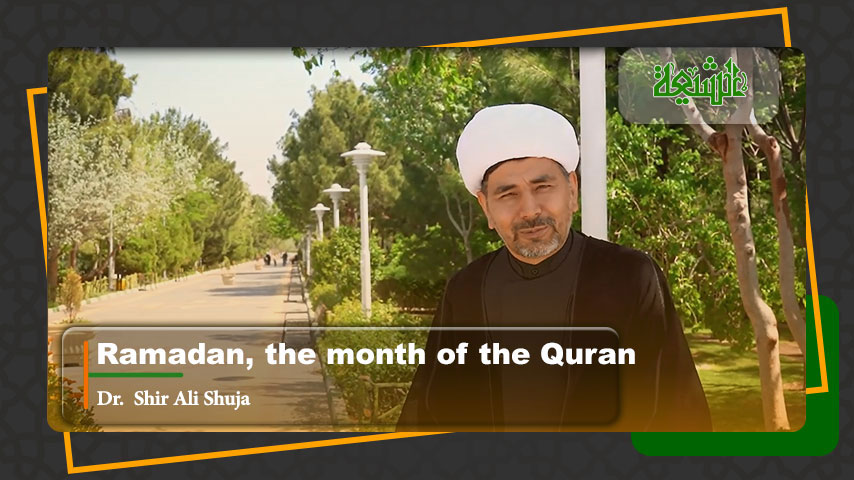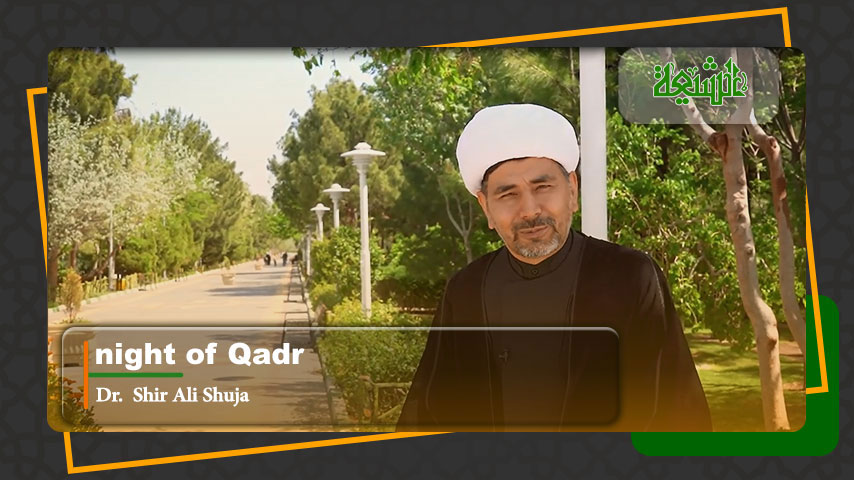In this article, it is good to cast a glance at the glorious book of Imam Sajjad (A.S.) known as Sahifah Sajjadiyah. Through this, one may learn useful legal lessons and perceive how the difference of principles of rights of one person affects his approach towards rights. Now let us try to present in isolated titles the principles of human rights as reflected in the legal treatise of that great Imam.
The Philosophy of Human Rights
The legal treatise has been included in the works of some great scholars. The original treatise as narrated by Abu Hamza Thamali and other narrators includes the philosophy of rights and legal cases, that is, in the same year the Late Shaykh Saduq stated in Khasal (1) and has also come in Tuhaf al-Uqul (2) and not what is stated in “Min la Yafzaruh al-faqih.”(3) The text included here begins with legal cases and does not include the first part of the treatise, that is the philosophy of rights.
The philosophical statement of the rights included in this treatise is such that the Imam begins with his world vision. In this introduction, Hazrat Sajjad states, “Know that your Lord has some rights towards you which control in every move you make, in the place where you are, in the place where you sit, in the part which you move and in the tool which you apply. Some of these rights are greater than others and the greatest is that which has been made incumbent upon you and is the essence of all other rights. Then, the turn comes to the rights which have been made incumbent upon your soul, the rights from the head to the toe.”(4)
From this statement, it may be concluded that the foundation of all rights is the oneness of God. Freedom, justice, order etc. is not the goal of human rights, but procedures for achieving that ultimate goal, that is, visiting the Lord. Before reaching this goal, one may ask oneself. “Where am I going?” However, when you reach that destination, you have transcended the borders.
If this foundation is excluded from the rights, there remains only a little necessity and unnecessary. As they extract rose water from the rose, there remains only a scentless thing. In the ninth chapter of the celebrated book of Isharat of the late Muhaqqiq Tusi, he passes judgment on the words of Avicenna.
That is, after employing so many proofs and reasons to prove the necessity of the mission, he asks what is the goal anyway? If the goal is reaching an organized way of life, one can reach this without inspiration as some communities have reached it (5). Of course, Avicenna has brought up the discussion of prophecy free from this criticism in the mystical discussions of that book and has considered the goal as finding mysticism of the people and visiting the Lord. (6)
He who worships God will make this worship a means to visit God:
“O ye who believe! Be mindful of your duty to Allah, and seek the way of approach unto him.” (7)
He who does this is indeed the one who is standing on the ladder, he who climbs up the ladder, if he forgets the ladder and moves it away, will fall down from the height. The pious man as well climbs up the ladder to reach intuition and never forgets worship. At the same time, he does not regard it as his goal. All the worships are the firm bond with God. He who seeks after the ultimate goal must tie to this string:
“He who believeth in Allah has grasped a firm handhold which will never break.” (8)
The Holy Quran shows us why the right of the oneness of God is prior to all other rights. The Holy Qur’an regards the entire universe to be the divine grace and every creature-from the angel to the heaven to be the sign of God. This is relevant to the principle of existence. However, from the viewpoint of the knowledge of God, the Holy Qur’an states that the knowledge of God runs in the knowledge of everything, that is before anything else, one has to know God. This truth is thus stated in the Holy Qur’an:
“Verily, Allah is visible through everything.” (9)
To understand this, it must be noted that in this verse, the letter ala has been used not the letter be. In the statement, “God is witness to everything”, the idea is that God is cognizant of it. But in this verse, there is the mention of the vision of God before anything else. On this basis, in the Surah of al-Fussilat (Distinguished), the same verse is included with the view to putting aside doubt with the vision of God. If the meaning of this verse is that God is cognizant of everything, has it been enough to eliminate the doubts of those who were in doubt? Let us cast a glance at that verse in the Surah of al Fussilat, (Distinguished) :
“Doth not thy Lord suffice, since He is Witness over things? How! Are they still in doubt about the meeting with their Lord?” (10)
Aye, man recognizes the light first before knowing other things and then he comes to know that thing. Then, there will remain no doubt as to the existence of light. On this basis, the knowledge of God runs in the knowledge of everything else. Therefore, the proving of other rights in the universe and their knowledge arises from proving the existence of God which is the main concern and from theology and monotheistic world vision.
The delicate point derived from this matter is that the signs of the same statement of Imam Sajjad are present in other parts of the treatise. After this introduction, the turn comes to proposing legal issues. Imam Sajjad reminds us that the foundation of all rights is the oneness of God. This reminder is manifested in two ways. Sometimes with the phrase “billah nasta’in.”(11) And sometimes with the phrase of “there is no power saves God.”
Having expounded the philosophy of rights, the venerable Imam teaches the rights one by one and some of these rights are superior to others as the philosophy of rights is dominant in all of them. Now we shall refer to four legal cases to show glimpses of what is stated in the fifth and sixth chapters of the book.
Continue in the next article: ( The Principles of Rights in the Sahifah Sajjadiyah 2 )
By: Ayatollah Javadi Amoli
NOTES:
_____________________________________________
1. Abwab al-Khamsain ma Fawqah, p.564, narration no.1
2. The chapter on the words of Imam Sajjad, the first tradition
3. Vol 15. (Al al-Bayt), Chapter 3, p.172, vol.26, chapter 3, p.241
4. Risalat al-Huquq, Majmal al-Huquq, p.7
5. Al-Isharat wa al-Tanbihat, Vol.3, chapter 9, p.374
6. Ibid., Vol.3, chapter 9.
7. Surah al-Maidah 5:35
8. Surah al-Baqarah 2:256
9. Surah al-Haj 22:117, Surah as-Saba 34:44, Surah al-Fussilat 41:53, Surah al-Mujadilah 58:6
10. Surah al-Fussilat 41:53-54
11. Risalat al-Huquq, Haqqullah, p.9
















